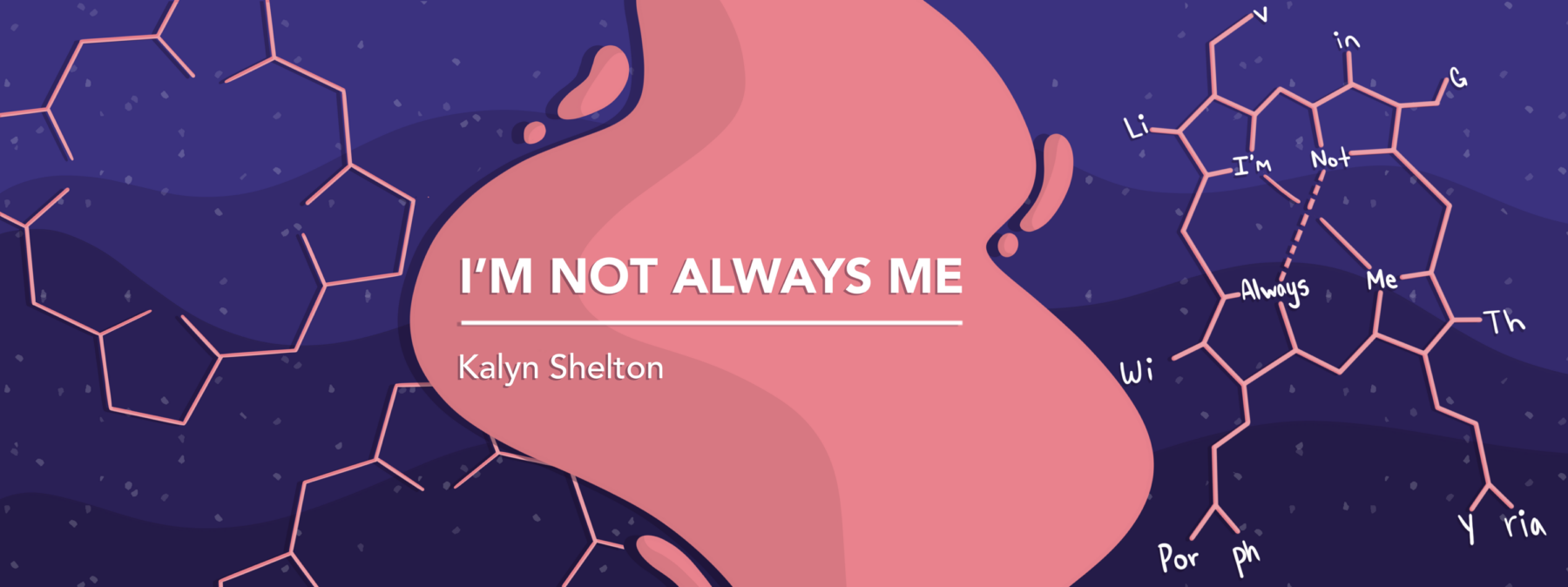My biggest porphyria triggers as someone living with AIP
Hormonal changes and medications are my kryptonite
Written by |

Porphyria attacks can be triggered by a number of factors, which may vary depending on the individual and the type of porphyria. For instance, people with acute hepatic porphyria (AHP) are often advised to avoid alcohol, smoking, physical or emotional stress, and certain medications, which may trigger a life-threatening attack. Meanwhile, exposure to sunlight is a major trigger for people with cutaneous porphyria.
Everyone is different, though. I have acute intermittent porphyria (AIP), a type of AHP, and hormonal changes are my kryptonite. My mom, on the other hand, who has the same condition, experienced only mild symptoms during menstruation and pregnancy.
Menstrual cycles can be difficult for many people to manage, as they can cause such symptoms as mood swings, irritability, and cramping. But for me, they’ve led to hospitalizations. I once spent several days a month in the hospital over seven consecutive months because my cycle kept triggering AIP attacks. During those times, my entire life came to a standstill.
Once I had a hysterectomy in 2021, I required fewer hospital visits; however, I still suffer with pain, nausea, vomiting, and mood swings on a daily basis, even with the help of Prozac (fluoxetine), Neurontin (gabapentin), Phenergan (promethazine), and occasionally morphine.
Another common porphyria trigger for me is medication. In the five years since my AIP diagnosis, I’ve been prescribed a variety of drugs to help alleviate my symptoms. Unfortunately, many of them have triggered attacks and landed me in the hospital with excruciating abdominal pain, severe nausea, vomiting, occasional confusion, and functional seizures. While hospitalized, I’m usually treated with Panhematin (hemin for injection) and dextrose for three or four days.
As a result, I must be careful about which medications I take. The Porphyria Drug Database is a valuable resource that classifies drugs by the level of risk they may pose to people with porphyria. However, as I shared in a recent column, even some medications that are generally considered safe have seemed to trigger AIP attacks for me. That can make it difficult to manage my symptoms as well as my mental health.
Even though I do my best to avoid AIP triggers, my chronic illness can be debilitating some days, preventing me from doing even basic tasks. Regardless, I’m still a blessed porphyria warrior!
What seems to trigger porphyria attacks for you? Please share your experience in the comments below.
Note: Porphyria News is strictly a news and information website about the disease. It does not provide medical advice, diagnosis, or treatment. This content is not intended to be a substitute for professional medical advice, diagnosis, or treatment. Always seek the advice of your physician or other qualified health provider with any questions you may have regarding a medical condition. Never disregard professional medical advice or delay in seeking it because of something you have read on this website. The opinions expressed in this column are not those of Porphyria News or its parent company, Bionews, and are intended to spark discussion about issues pertaining to porphyria.






SheryHancock
I was first diagnosed with cutaneous porphyria at age 17, 60 years ago. At age 19 I had my first AIP attack, putting me in the ICU (I'd just come out of the hospital after having nearly losing my right leg due to DVT.) I was having severe chest pain, so there was a concern that going off the Coumadin had caused me to throw an embolus to the heart. It was the beginning of several years of intercostal neuritis, which made it painful and sometimes difficult to breathe...3 pregnancies included. Later I had various acute pains such as cholecystitis, pancreatitis, etc. Then I made the mistake of taking a flu shot in 1990, being a school nurse in Turkey, I was advised to take one, but didn't have a way to see if it was safe. It wasn't. I have left side trigeminal neuritis and retro-bulbar optic neuritis as a result. I take Keppra to control the pain. I have run the gamut of symptoms since and this year had an ablation of the left ventricle to help control the V-tach and get the N&V under control. Most meds cause severe chest pain, even heart meds. I stay as far away from meds as possible. I do take supplements. Even those can cause severe reactions.
Nausea & vomiting was such a huge part of my life that depression and panic became daily companions. I am doing better since the ablation, but the V-tach occasionally recurs. I am finally retiring as an RN Nov 1st (55 years), which should help to keep anxiety at bay and give me more rest overall to recover and learn to deal with symptoms. Age is not your friend with porphyria, but you do what you can to manage.
I've never had a doctor that had ever had a patient with porphyria, so it has been a huge learning curve over the years. Glad to find a site to stay informed.